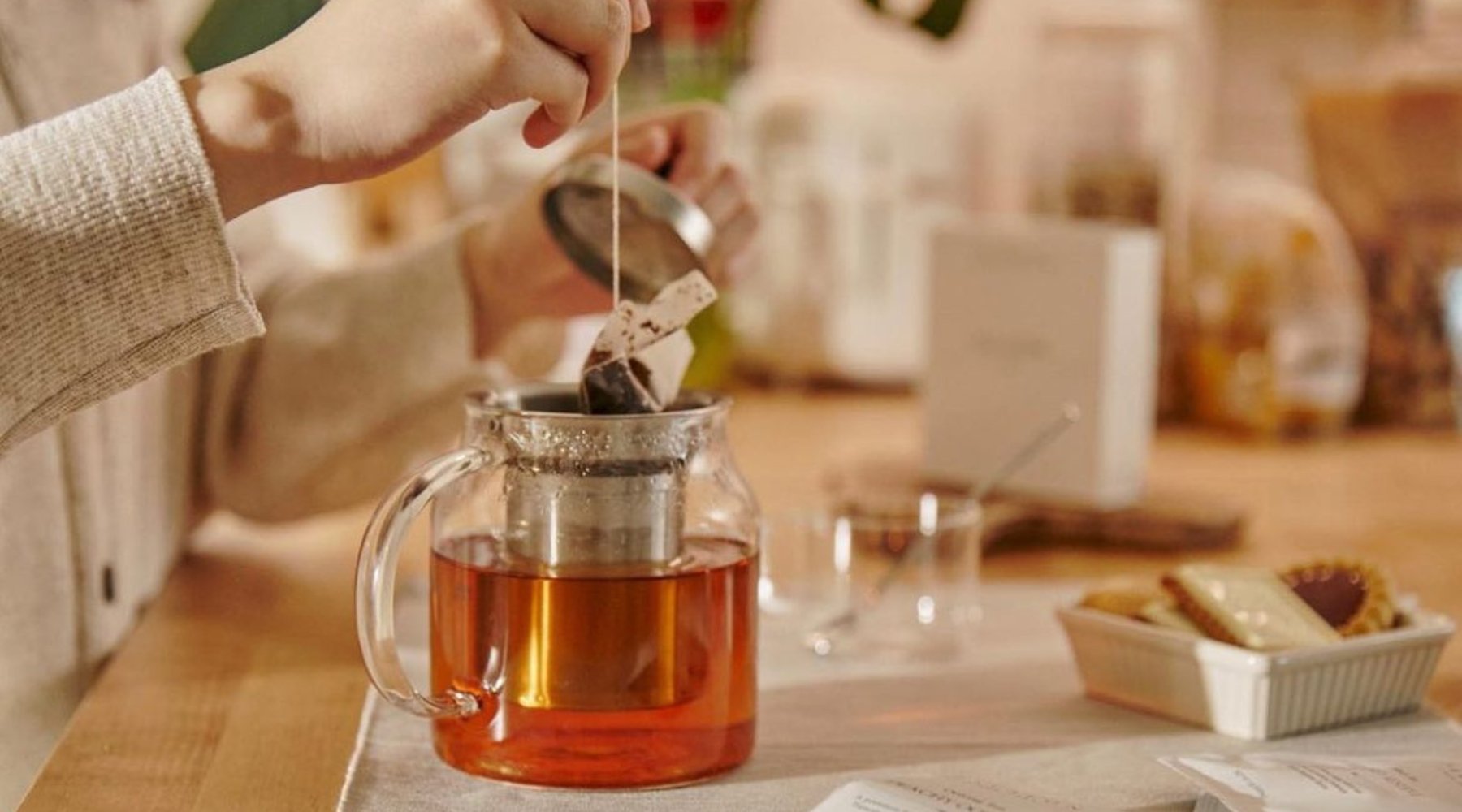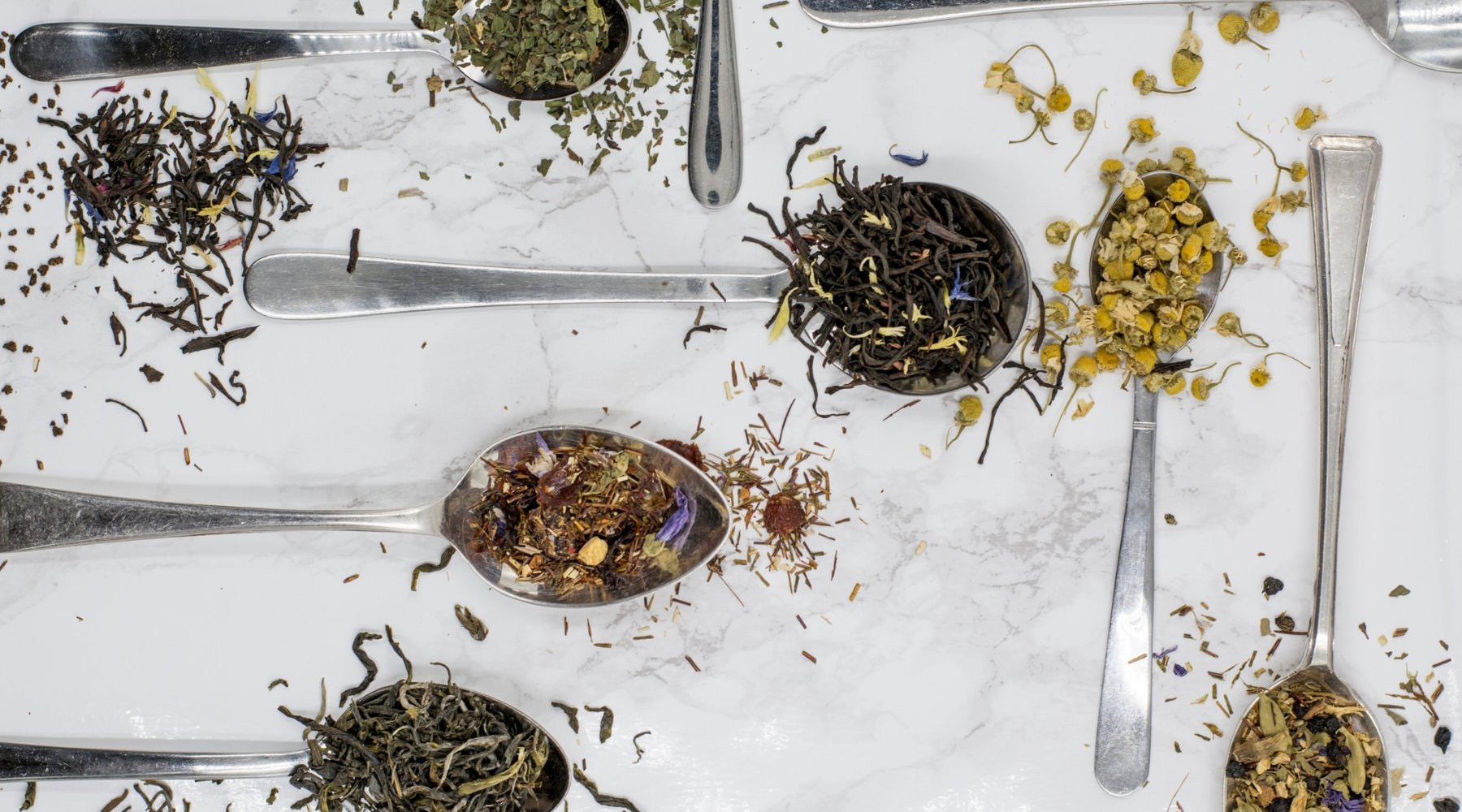
Lesson #7: Tea vs Coffee, Yay or Nay?
There appears to be a general rivalry that has developed and been existing between the worlds of Coffee and Tea. This appears to be somewhat logical, considering that they are both usually served after meals, both usually share the same supermarket space and both are developing gourmet markets from more commercial pasts.
Tea vs Coffee: Can't We All Just Get Along?
Such tight competition is sure to bring hostilities. To win the market, these two industries have done their best to separate each other (except for Tavalon, who of course appreciates and celebrates both!).
Coffee vs Tea
Coffee is often touted for its ability to energise while characterising tea as a drink exclusively for the weak and old.
Tea, on the other hand, boasts amazing health benefits, while painting coffee as a stomach-destroying poison.
In this next lesson, though, we'll put aside these differences and discuss the similarities between the two hottest drinks available.
Similarities of Tea and Coffee
Coffee and tea, two beloved beverages enjoyed by millions around the world, share a remarkable commonality despite their distinct flavours and brewing methods. Both coffee and tea originate from plants and have a rich cultural history that dates back centuries. They have become an integral part of daily rituals, offering moments of comfort, stimulation, and relaxation. Whether you prefer the invigorating jolt of coffee or the soothing embrace of tea, these beverages have a way of bringing people together and satisfying our desire for a warm and flavorful indulgence.
1. Origins
We'll begin at the most logical place: their origins. Both coffee and tea have legendary pasts.
Tea, as discussed in a previous lesson, was found by the ancient Chinese ruler Shen Nung, when a fateful leaf fell into his boiling water.
The similarly fortunate story of coffee dates back to the 1400s, when a Yemeni shepherd named Kaldi saw that his sheep began to act unusually playful after eating berries from an unfamiliar plant. Curious Kaldi picked one and swallowed it.
Within a few minutes, he got hyperactive as a child after Halloween (well, Halloween wasn't practised in Yemen, but you get the point). He disclosed his discovery of this invigorating bush to a nearby town (called "Mocha") and its fame rapidly spread.
2. History
Incredibly, the history of the two followed nearly identical paths.
Coffee and tea were introduced to England with only seven years apart of each other. Both first gave delight under the reign of Charles II (whom Tavalon has nicknamed "Milk and Sugar Charlie" for his fondness of these additions to both drinks).
In 1652, the first cafe opened in England. In this same year, the first tea samples arrived in the country. Tea, however, became more popular due to the fact that it was less demanding to prepare.
3. Science
Now, let's examine the two scientifically.
Tea and coffee plants are both members of the evergreen family. If allowed to grow normally, both would develop into genuinely large trees.
However, both plants are kept trimmed to the height of a shrub, so they can be easily harvested.
The flavour of the drinks produced from these plants is noticeably affected by the growing conditions, such as soil condition, moisture, surrounding vegetation, etc.
Both coffee and tea have natural stimulants, such as caffeine.
Also, both drinks come from dried forms of a part of the plant.
Finally, both use very similar techniques of preparation.
In Australia, coffee is the more popular beverage. Due to the popularity of cafes like Starbucks, more people have flocked to these places that mimic how they drink coffees at home (cosy and comfortable). Tea, however, is still one of the most popular hot drinks, with people drinking at least 6 cups a week and increases when the person ages.
Tavalon also aims to educate the public towards better tea in an effort to get more people drinking tea. But taking this a step further, Tavalon aims to educate why tea is such an amazing, healthy beverage.
It is important to note that, worldwide, tea is still #1 – of course after water! And obviously this is not a popularity contest!
In light of these numerous similarities, we will suppress the urge to end this with a "tea is better" predisposition. As passionate as we are about the superiority of tea, there are coffee lovers out there who are equally fanatical.
Whatever drink you may lean forward, make sure you pick based on quality. Both industries have been marred by their respective Liptons and Folgers. By supporting those purveyors that are striving for quality, you'll raise the standards for the trade as a whole.




Leave a comment
This site is protected by hCaptcha and the hCaptcha Privacy Policy and Terms of Service apply.